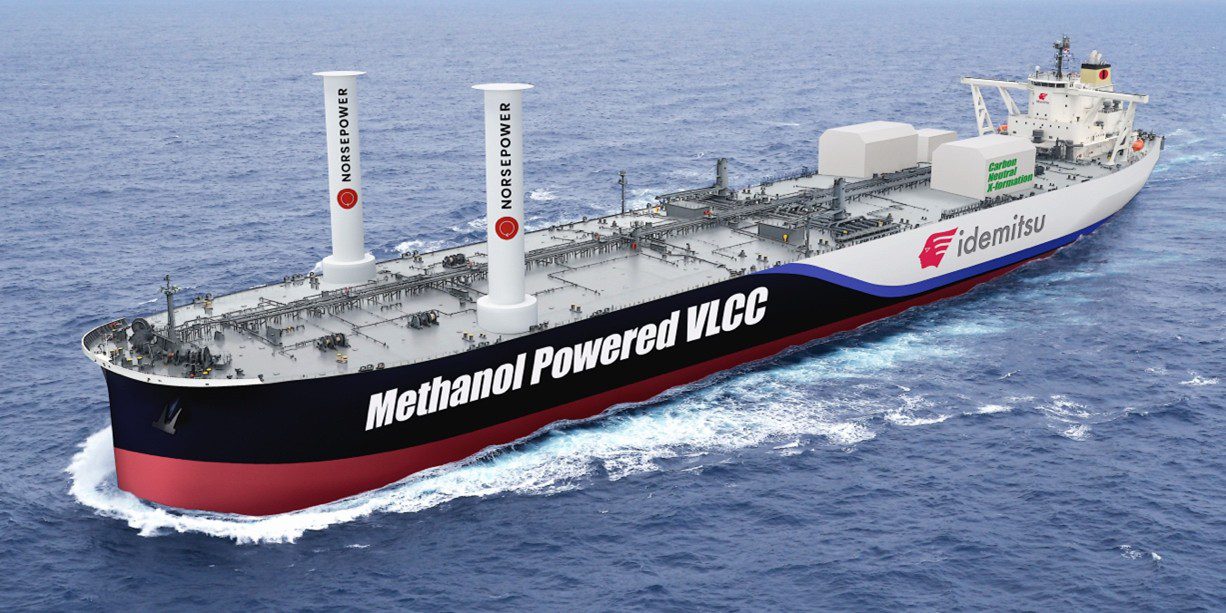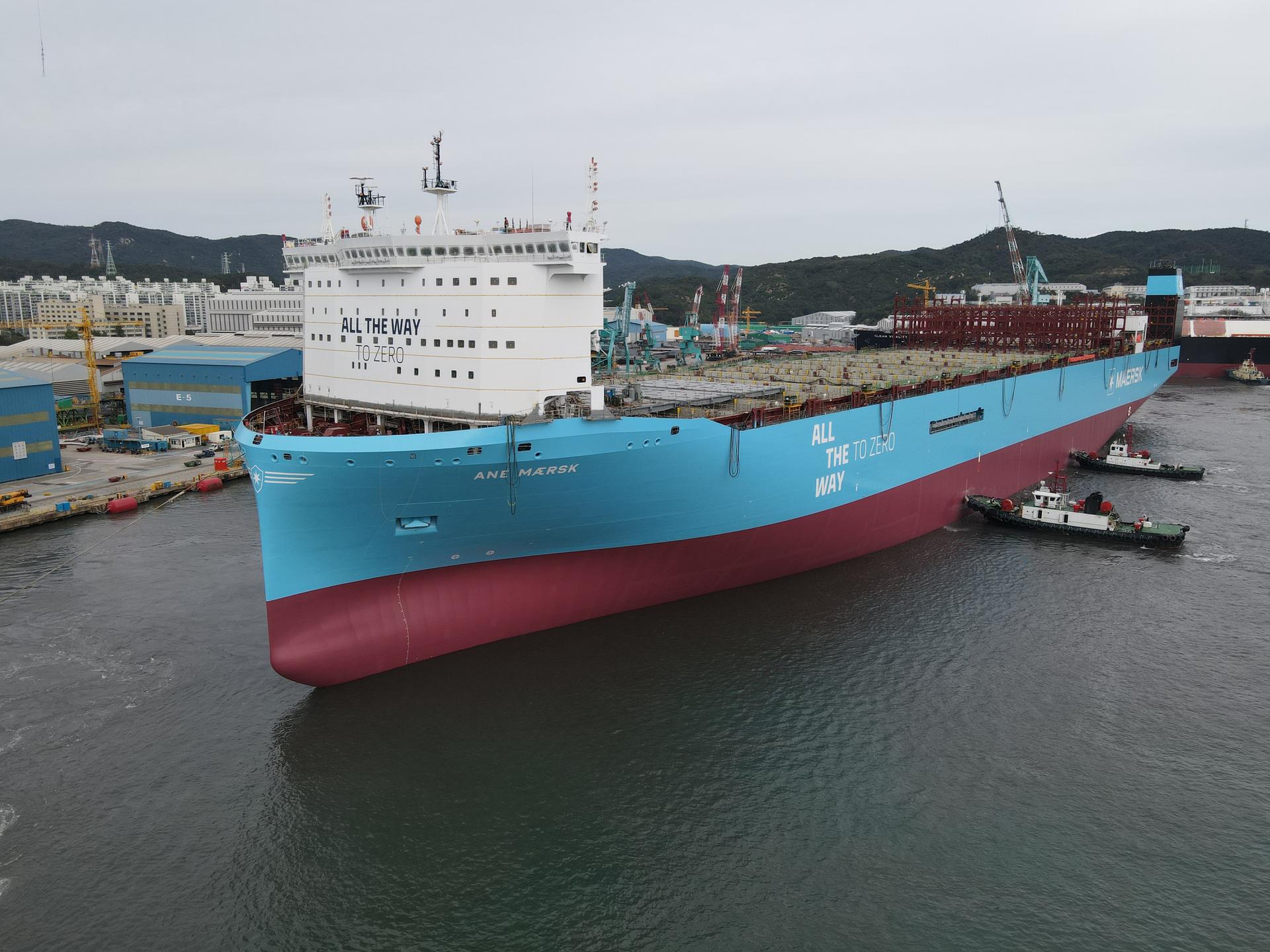
By Mark Shenk
April 23 (Bloomberg) — The U.S. is stockpiling the most crude since the Great Depression, thanks to the shale boom that has boosted production to the most in 26 years.
Inventories rose 3.52 million barrels last week to 397.7 million, the highest level since 1931, according to Energy Information Administration data going back to 1920. Crude output climbed 59,000 barrels a day to 8.36 million, the most since January 1988, as the combination of horizontal drilling and hydraulic fracturing, or fracking, unlocked supplies from shale formations in the central U.S., including the Bakken in North Dakota and the Eagle Ford in Texas.
The burgeoning supply has sparked arguments over whether a 1975 law that prevents most U.S. crude exports should be repealed. It also may reduce the impetus for a quick approval of the Keystone XL pipeline moving Canadian crude to the U.S. Average weekly imports are down 3.7 percent so far this year, compared with the same period in 2013.
“This paints a secure supply picture for the U.S.,” said Stephen Schork, president of Schork Group Inc., a consulting group in Villanova, Pennsylvania. “This will add to the political debate about exports and Keystone. Whatever issues arise, it’s important to remember you would rather deal with the problems of a supply glut rather than a dearth.”
Keystone XL
President Barack Obama’s administration said on April 18 that it will postpone a ruling on Keystone XL. The State Department said it wouldn’t make a recommendation until questions are resolved about the way the pipeline’s northern route through Nebraska was approved. The southern portion of the project began moving crude in January to the Texas Gulf Coast from Cushing, Oklahoma.
Inventories along the Gulf Coast, known as PADD 3, rose 2.44 million barrels to 209.6 million last week, the most in EIA data going back to 1990.
Much of that inventory is light, sweet crude, or oil with low density and sulfur content, from the shale fields. Many refineries along the Gulf Coast are designed to run most efficiently on cheaper heavy, sour barrels imported from Mexico and Venezuela.
“The problem is that we have a glut of light, sweet crude when what we need is sour,” Schork said. “There have to find a way to swap the barrels we’ve got in hand or exporting them, so we can take full advantage of the rise in output.”
Energy Independence
Harold Hamm, the chairman and chief executive officer of Continental Resources Inc., who became a billionaire drilling in North Dakota, told U.S. lawmakers Jan. 30 that the country, which EIA data show supplied 86 percent of its own energy last year, can drill its way to full independence by 2020. Hamm is leading an effort to get Congress to allow crude exports for the first time since the 1970s.
Senator Lisa Murkowski of Alaska, the senior Republican on the Energy and Natural Resources Committee, said in a Jan. 7 speech that she also supports changing the export rules.
The federal Jones Act restricts domestic seaborne trade to vessels owned, flagged and built in the U.S. and crewed by citizens. Thirteen tankers can haul crude domestically out of a global fleet of about 2,400, according to the U.S. Transportation Department’s Maritime Administration. The Jones Act is a 94-year-old law.
WTI Slips
West Texas Intermediate crude for June delivery slipped 31 cents, or 0.3 percent, to settle at $101.44 a barrel on the New York Mercantile Exchange. Futures ended trading at $104.37 a barrel on April 21, the second-highest level of 2014.
The U.S. inventory level was the highest in EIA weekly data begun in 1982 and monthly government data going back to 1920. Reports before 1976 were based on data from the Bureau of Mines, according to the EIA, and stockpiles of Alaskan crude oil in transit were included starting in 1981.
Imports decreased 475,000 barrels a day to 7.8 million in the seven days ended April 18. Arrivals have averaged 7.46 million barrels in 2014, according to EIA figures, down from 7.74 million for the first 16 weeks of 2013.
“Imports remain strong,” said John Kilduff, a partner at Again Capital LLC, a New York-based hedge fund that focuses on energy. “We’ve yet to waive off imports but may be nearing a breaking point because of swollen supplies along the Gulf Coast. When that occurs, there will be a major rebalancing of global markets.”
Copyright 2014 Bloomberg.

 Join The Club
Join The Club












